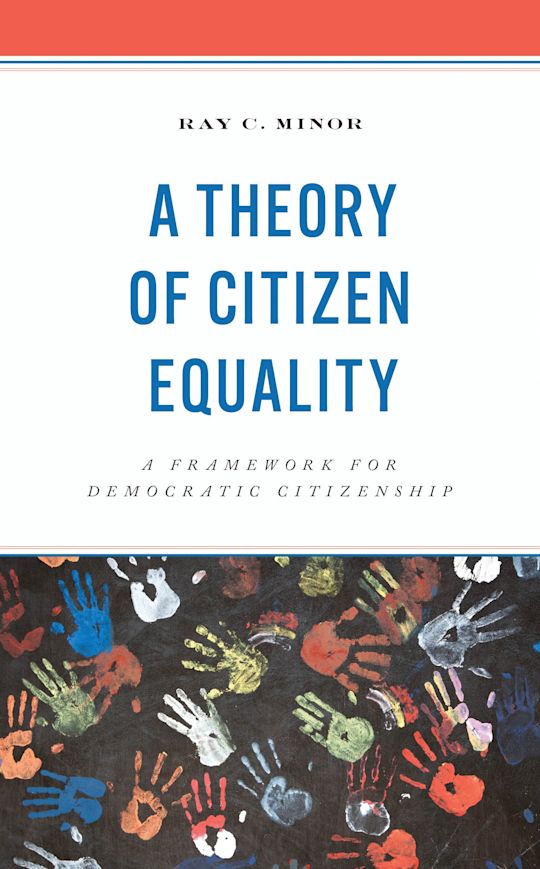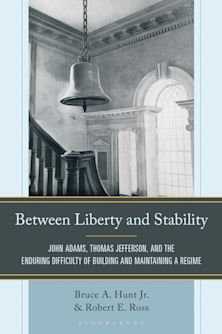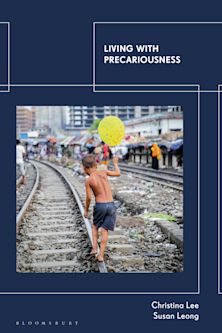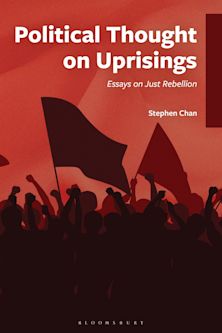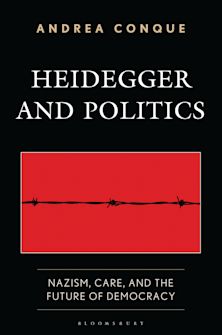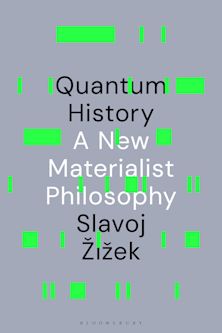- Home
- ACADEMIC
- Politics & International Relations
- Political Theory and Philosophy
- A Theory of Citizen Equality
A Theory of Citizen Equality
A Framework for Democratic Citizenship
A Theory of Citizen Equality
A Framework for Democratic Citizenship
This product is usually dispatched within 1 week
- Delivery and returns info
-
Free CA delivery on orders $40 or over
You must sign in to add this item to your wishlist. Please sign in or create an account
Description
A Theory of Citizen Equality: A Framework for Democratic Citizenship advances a theory of citizen equality that provides a roadmap for leveling the playing field. Citizen Equality Model is a broad theoretical approach for establishing justice and equality in a political environment. The theory prioritizes economic, political, religious, and social domains. There are ten total domains with the other six being biological, physiological, psychological, legal, educational, and leisure. If these domains are optimized, then a person has a chance for equality and the benefits of social and economic advantages. It also lists and prescribes thirteen limitations on equality. The theory approaches equality from the viewpoint of citizen as a whole person. In this sense, a citizen is met at their status and assessed to determine requirements for elevation to full equality. The goal is to place citizens in the best position to maximize their ability to attain equality.
Table of Contents
Acknowledgements
Introduction
Chapter 1: Western Political Philosophy and Democracy
Chapter 2: Equality
Chapter 3: Citizen Equality Model
Chapter 4: Economic Equality
Chapter 5: Political Equality
Chapter 6: Social Equality
Chapter 7: Religious Equality
Chapter 8: Legal Equality
Conclusion
References
Index
About the Author
Product details
| Published | Aug 08 2024 |
|---|---|
| Format | Hardback |
| Edition | 1st |
| Extent | 156 |
| ISBN | 9781666913934 |
| Imprint | Lexington Books |
| Illustrations | 7 Tables |
| Dimensions | 235 x 159 mm |
| Publisher | Bloomsbury Publishing |
About the contributors
Reviews
-
Dr. Minor provocatively argues that neither justice nor peace are attainable without equality. Through the construction of a Citizen Equality Model, he challenges readers to think about the meaning of equality across political, social, cultural, legal, and religious spaces and, more significantly, challenges readers to correct for past injustices in the United States while paving the way for a future in which the pursuit of life, liberty, and happiness are not empty words. This is an important book that can help us, collectively, answer the question: what does it mean to be a citizen in the United States today.
Thomas A. Bryer, University of Central Florida

ONLINE RESOURCES
Bloomsbury Collections
This book is available on Bloomsbury Collections where your library has access.









